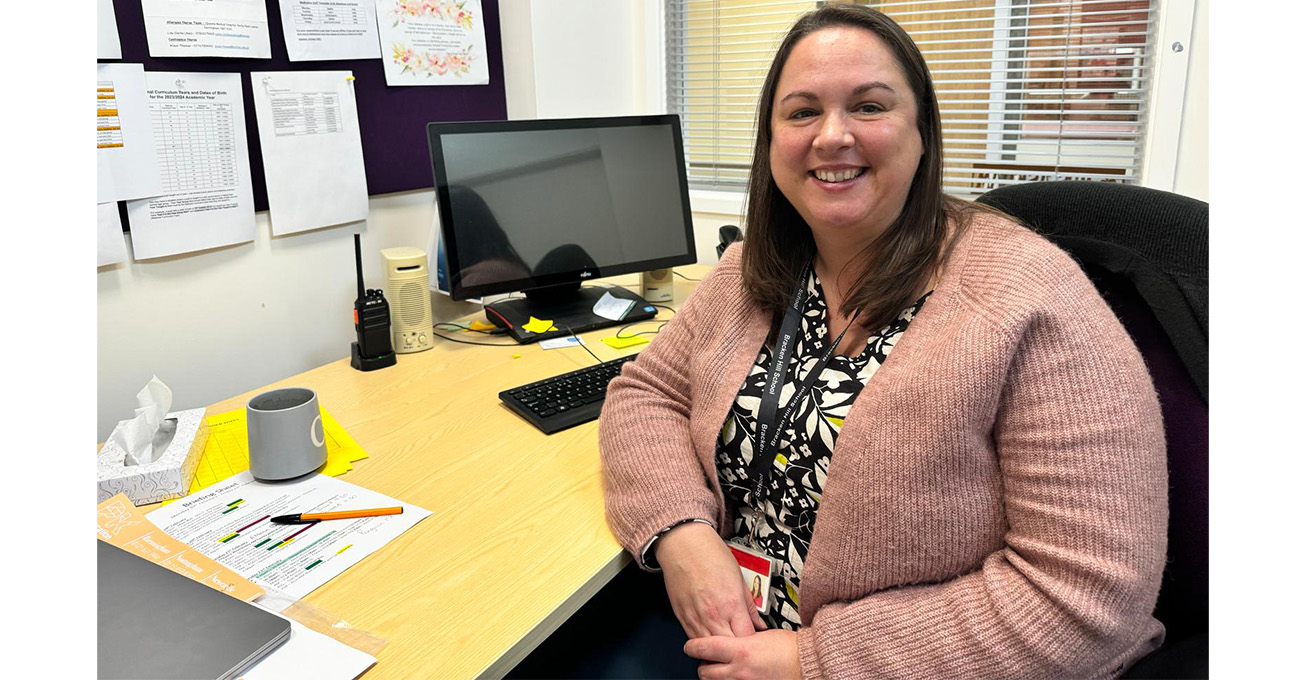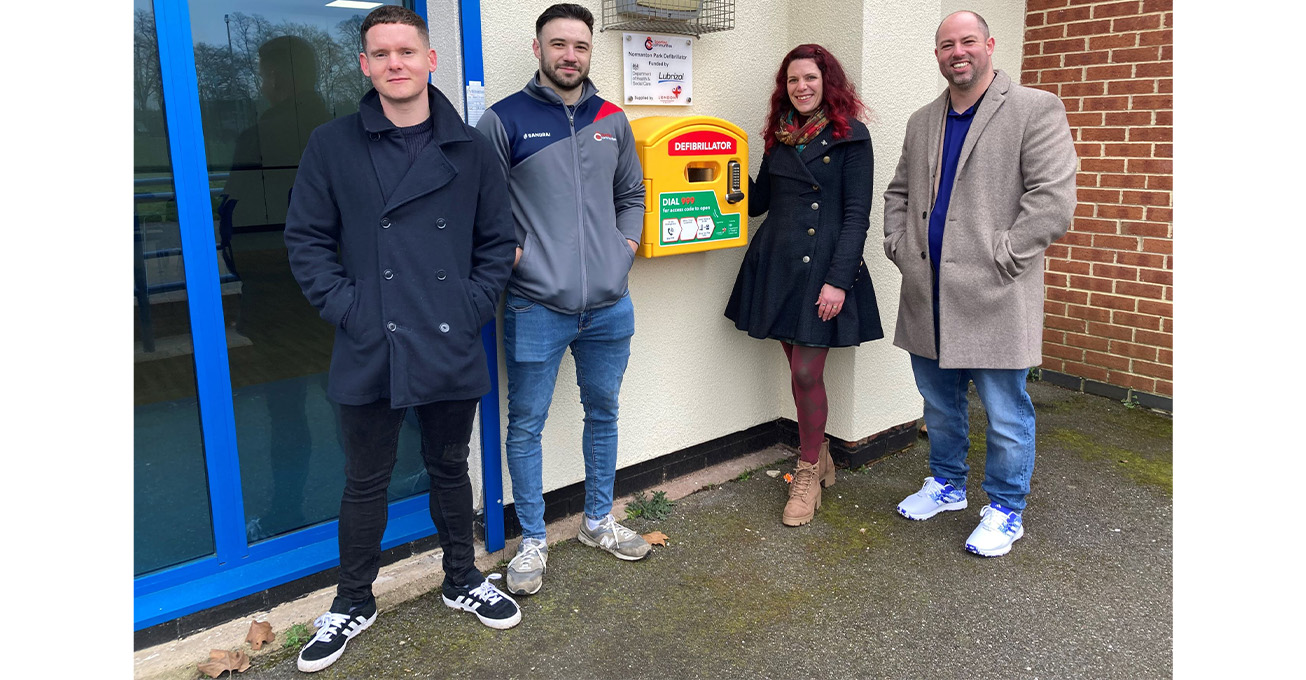As a provider of capital are there any themes you see across the whole of the Midlands?
We’ve seen real benefit to bringing some sort of focus to the funding market for SMEs in the region. That’s especially important given that many of the mainstream funders are not entirely consistent in their support for SMEs. This has led to the development of a myriad of non-mainstream, blended operations. Some of those are online, some off line. Overall, we are seeing that there is a market out there for businesses, which need some debt or equity finance. Indeed, across the Midlands over the last 12 months there’s certainly a greater awareness of our offer.
What’s the appetite for funding?
We’re seeing increasing activity levels and we are playing an important and exciting role in supporting those businesses that want to borrow and want to grow. It’s worth noting that we’re seeing this activity despite the still significant levels of risk aversion that, understandably, still exist in many owner managed businesses.
Certainly, over the last 12 months we’ve seen the pace of our deployment grow significantly right across the region. For those businesses that do want to grow, that do want to borrow, they are now seeing that there are sensible funders that can support them even if their banks or invoice discounters aren’t able to help.
What are the opportunities for the fund in the West Midlands?
People talk about the “West Midlands”, but as far as the Midlands Engine Investment Fund (“MEIF”) is concerned, for which we are one of the Fund Managers, this comprises a number of very different markets that are often bundled together. The reality is you have to adapt to different factors in different parts of the West Midlands to ensure that the options within the MEIF are used to their full.
But really, it’s all about awareness. There are undoubtedly businesses out there that, when they engage with us, are keen to borrow from us. So, the opportunity for the fund is finding more of those businesses that want to borrow and are struggling to raise funding.
Can you give some examples of landmark deals?
There’s a whole host of successful deals. From the West Midlands’ perspective, I’d say one of the most interesting deals was Aurelius in the Black Country. They borrowed £1.5m to buy some new equipment to help process and sell waste lead. There’s a whole process of environmental treatment there that a conventional bank would have found it hard to support.
Also, Automotive Macliver. One of our smaller loans, at £150,000 but, for me, the loan embodies the raison d’etre of the fund – providing smaller loans to smaller businesses. That deal was all about supporting someone who’d taken his business as far as he could on his own. He just needed funding to take it to the next level. Since we provided the loan, he’s been doing really well. And what’s great is that this sort of success often creates repeat demand. We’ve already provided follow on funding to some of our customers – who’s to say this business won’t be next! It’s good to see that it’s often the smaller businesses and the smaller loans that have most impact in job creation.
What’s the outlook for the region in 2020?
Around Birmingham and the West Midlands there are a number of things that are very positive. You have HS2, and you’ve got HSBC, who have recently relocated to Birmingham. Also, there’s a real tide of inward investment into the city and the area. So, this is a time of optimism. The Commonwealth Games are also coming up and the region is starting to look very different so there are some real positives.
What is the West Midlands doing well to secure investment?
The region worked really hard to achieve major successes such as HSBC and the Commonwealth Games. And there are also good things going on in other parts of the region. For example, in Hereford, they are creating a new university whilst in the north of the patch Keele University are investing in such things as a new hotel and business hub. So, there is activity all around. But there are different drivers across the broader West Midlands.
Have you seen any change in demand for funding over the year?
Many of the SMEs in the region are family owned businesses and we have to continue to work to make them more aware of what we’ve got to offer.
From a fund perspective we have seen and are continuing to see a difference. This isn’t just the level of enquiry but the relevance of the enquiry. Many more people are finding us. The banks continue to be unpredictable in how they treat their smaller business customers and that doesn’t help the SMEs to find the right sort of finance.
Awareness levels have increased and more people are experiencing what it’s like to get funding from the MEIF. The good news is that a lot of people are also coming back for more, or referring other people and businesses as a result of their experiences







